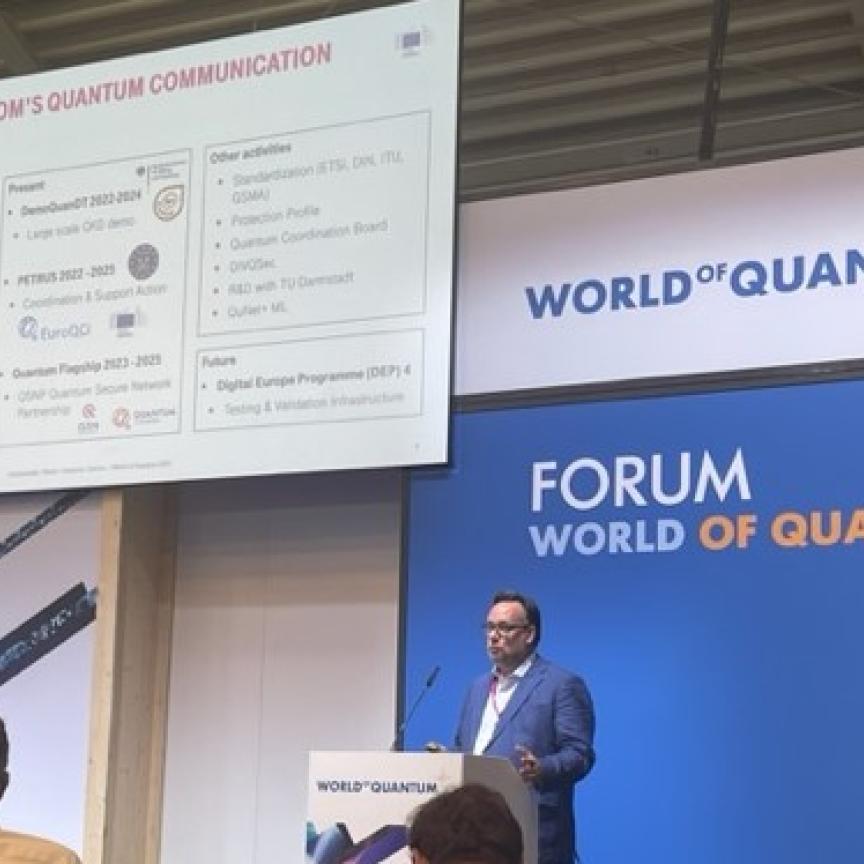Telefónica Spain has developed a new scheme allowing it to transform its network by shutting down a copper switchboard a day until 2020. The Faro Project is designed to enable the shutdown of 653 copper switchboards by 2020, 253 of which will occur this year, 200 in 2019, and 200 more in 2020.
The company says that, under the project framework, it will be able to make savings when it comes to energy and space, citing the space occupation of fibre at 15 per cent in comparison to copper and potential energy savings of up to 60 per cent.
Said Pablo Ledesma, director of operations at Telefónica Spain: ‘Fibre is the access technology that will support the development of the services and customers of the next 100 years, and Telefónica is working on the evolution of copper to fibre and enabling network transformation and simplification processes.’
Ledesma said that Spain is at the forefront of Europe in the deployment of ultra-fast broadband and digitalisation, a statement echoed by the Market Panorama figures released this year’s FTTH Europe Conference in Valencia, which demonstrated a considerable growth with 1,612,371 new FTTH/B subscribers during the period October 2016 to September 2017 (see FTTH Conference 2018: Europe sees 20% growth in fibre subscribers). More recently, the Spanish Prime Minister announced plans to ensure that the entire country has access to 300Mb/s fibre broadband by 2021, with an investment of €525 million in the next stage of developments designed to place the country ‘at the global head in availability of digital infrastructure’ (see Spain invests €525 million in 100 per cent fibre coverage by 2021).
Ledesma believes that much of Spain’s success in this area can be attributed to ‘the boost that Telefónica has given to the deployment of fibre and the migration of its individual and company customers to this new technology.’

